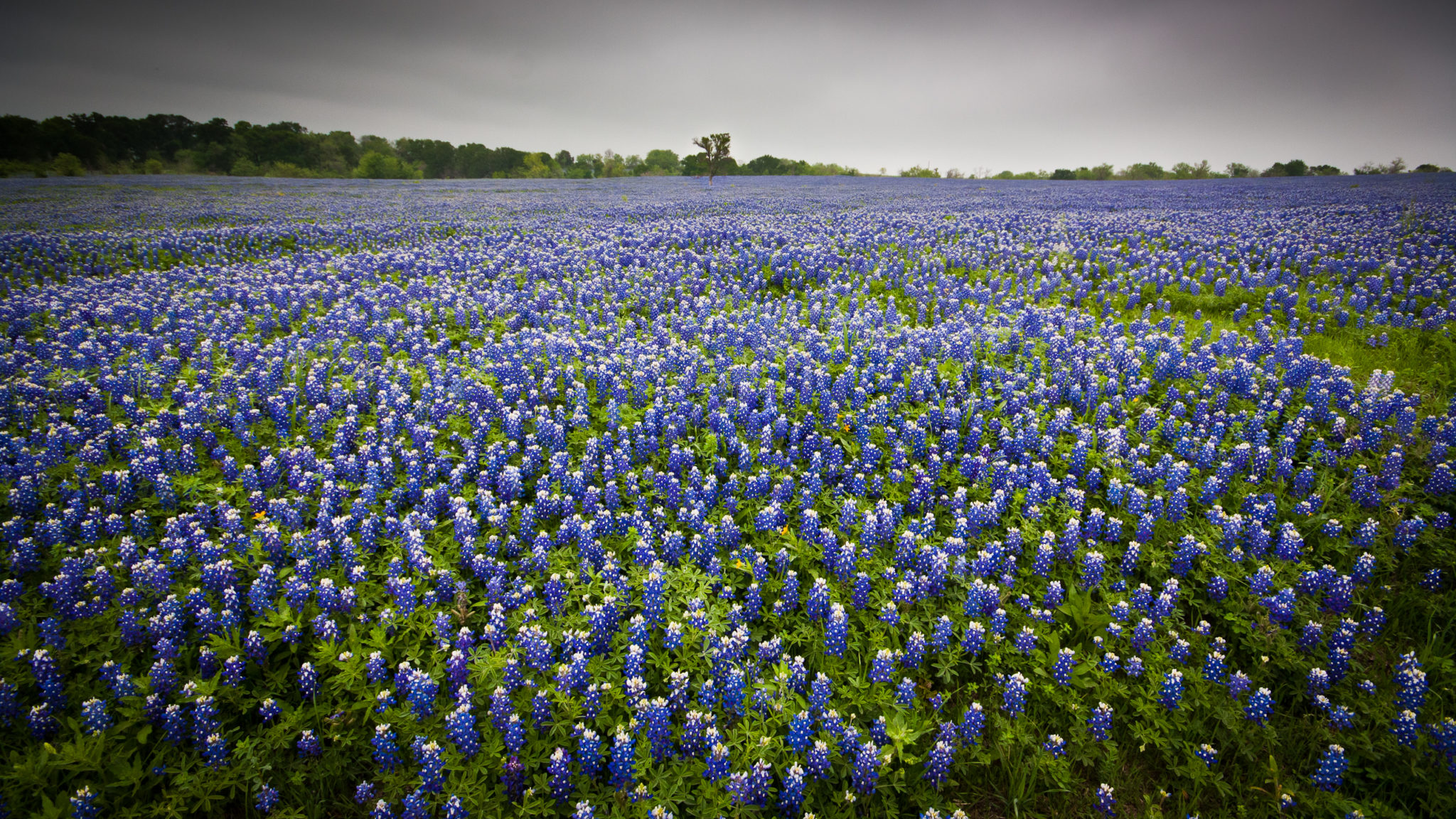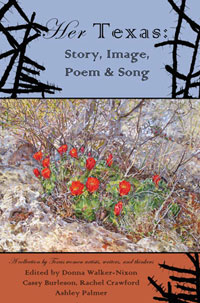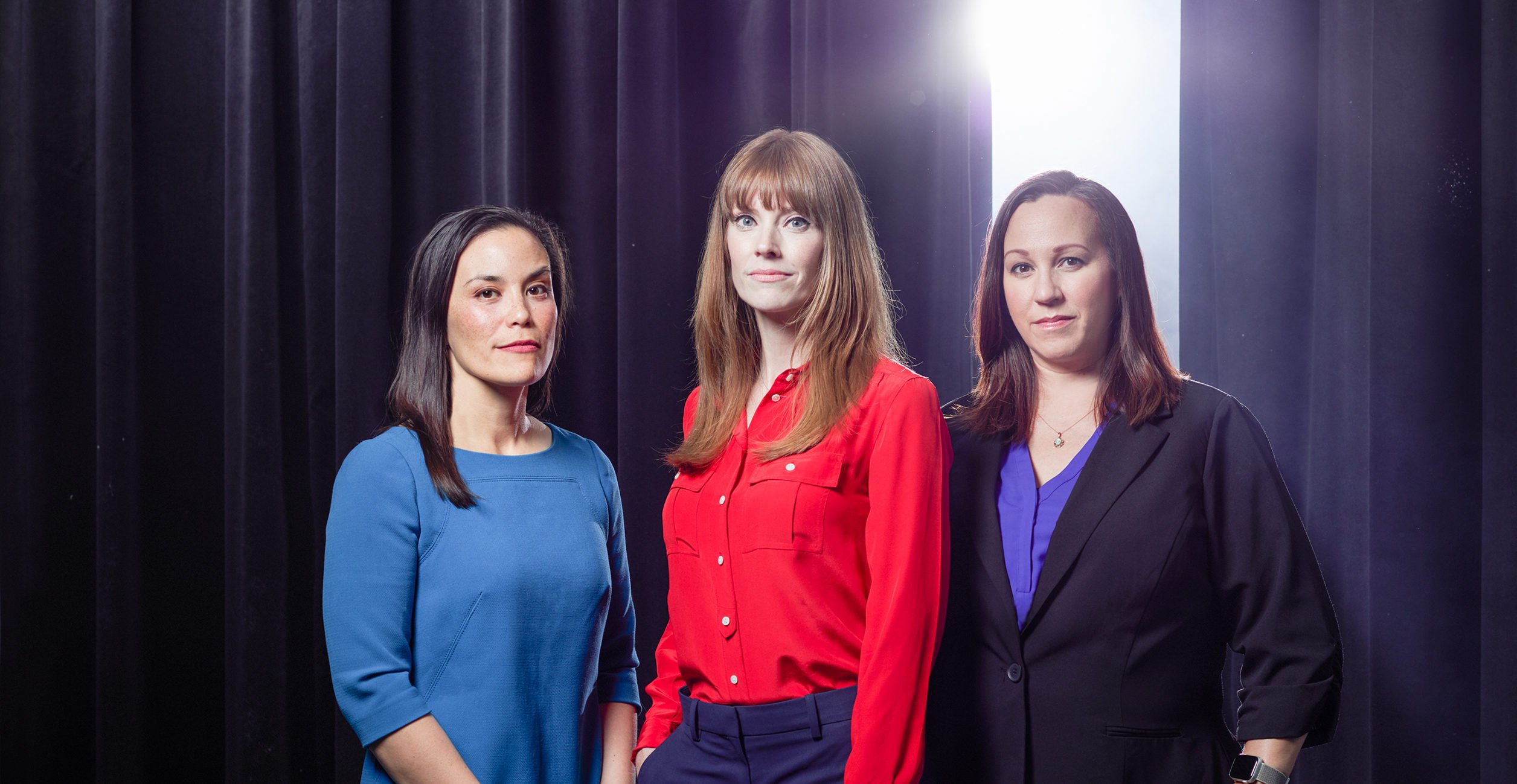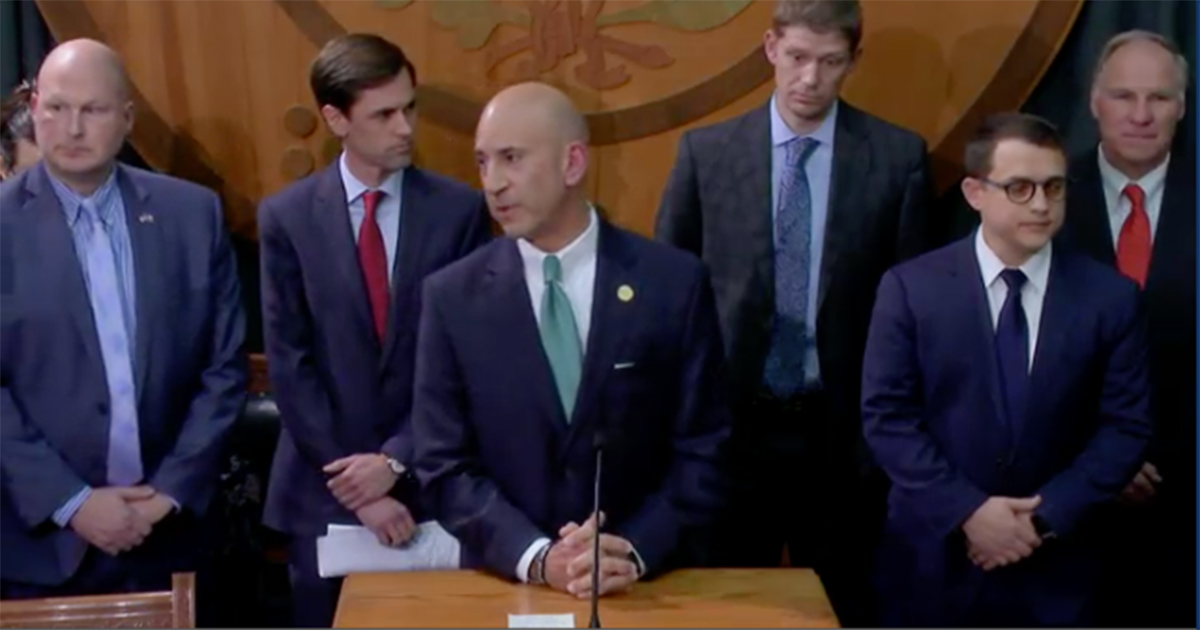
The Book Report: Redefining “Her Texas”
A version of this story ran in the July 2015 issue.
Texas’ women writers have always offered crucial counterpoints to our testosterone-fueled state myth of rugged individualism. J. Frank Dobie, mythmaster-general of the cowboy, the oil man, the miner and the outlaw, memorably opened the “Women Pioneers” chapter in his 1943 Guide to the Life and Literature of the Southwest by noting female absence with seeming approval: “One reason for the ebullience of life and rollicky carelessness on the frontiers of the West was the lack—temporary—of women.”
The late Lou Halsell Rodenberger, Texas educator, writer and scholar, begged to differ. Rodenberger made a lifelong project of recovering Texas women’s voices from the earliest history of the state, and the anthologies she co-edited before her 2009 death from ovarian cancer—including Texas Women Writers: A Tradition of Their Own and Let’s Hear It: Stories by Texas Women Writers, both co-edited by Sylvia Grider—are indispensable for readers seeking a state literature that acknowledges the sadiron drudgery and fierce family joys of women’s lives in historical Texas.
Anthologizing in the present tense is a trickier proposition. Aside from an excerpt of Rodenberger’s unfinished memoir, after which it is named, the new anthology Her Texas: Story, Image, Poem & Song consists exclusively of works by living Texas authors, poets, songwriters and visual artists. The goal of providing a multiethnic and multidisciplinary snapshot of creative women in contemporary Texas is laudable, but the results continually raise the following questions: What is Texas writing, and what is a Texas woman?

By Donna-Walker Nixon, Cassy Burleson, Rachel Crawford, and Ashley Palmer, eds.
WINGS PRESS
$29.95;449 pages Wings Press
449 pages;
$29.95
A Texas woman has her own myths to contend with. Words such as sassy, feisty, ballsy and brash come to mind to describe her: a gun-toting belle of the saloon or an ironclad matriarch of the range who survives in a man’s world by being twice as tough as the menfolk, with an assist from her feminine wiles. Like Dobie’s Lone Star loners, the tough Texas dame has her roots in historical truth. Moreover, she is a totem to which modern-day Texas women cling in times of trouble. Who could avoid whispering a prayer in front of the Capitol rotunda portrait of Ann Richards during the House Bill 2 protests of 2013, or hoping for a newly coiffed incarnation of the icon in Wendy Davis?
That said, there is perhaps too much elevation of the “tough broad” myth over more marginal lives in our state’s literary history. After all, Texas, a former frontier that still contains almost two-thirds of the U.S.-Mexico border, has always been about the margins. With recent data putting the Latino population at 38 percent and Texas already a “majority-minority” state, that’s truer now than ever.
This is “her Texas” now. If it’s predictably different from the Texas that appears in Rodenberger’s anthologies, it’s different, too, from the Texas of Red Boots and Attitude (eds. Diane Fanning and Susan Kelly Flatau), the most recent Texas women’s anthology, published in 2003. Though it draws heavily from Red Boots, Her Texas strives for a wider angle, doubling the number of contributors and adding a section that celebrates the rich tradition of Texas songwriters, among them Terri Hendrix, Tish Hinojosa and Ruthie Foster. From the 60-plus contributors, many exciting voices emerge, and the strongest sections are the most diverse.
The poetry, for example, soars. Venerated poets Sandra Cisneros and Naomi Shihab Nye (the Observer’s longtime poetry editor) contribute their characteristically strong voices, and Latinas represented in the Wings Press catalog fill out the section, including former Texas Poet Laureate Rosemary Catacalos and current Laureate Carmen Tafolla, the first and second Latina poets to hold the position. Deborah Paredez’s imagery feels Texan in a surprising way—a Gulf oyster is “wet and private as a cheek’s other side”—and Celeste Guzman Mendoza’s poem “La Pisca” experiments with form and repetition to evoke the rhythms of a cotton harvest. Frances Treviño Santos’ “She, the Owl” imagines the poet’s daughter—who “calls every bird in the sky an owl”—ascending into heaven as “half-owl, half-girl messiah.” It’s a memorable symbol for the strength of hybrid identity, an origin story unrestrained by earthbound borders. In “Swings,” Rebecca Balcarcel writes: “I’m ashamed of the girl I might turn into— / her sarcasm, her coiled snake tattoo / her stride toward forbidden sparklers, / and I’m afraid, so much that I can’t sleep / of liking her.” There are too many other examples to list, including arresting poetry by Loretta Diane Walker and former Poet Laureate Jan Upton Seale.
The fiction section, though far too short, delivers a handful of strong, voice-driven stories from diverse perspectives, including Laurie Champion’s “I’m Her(e),” a punning exploration of the emotional terrain of an extramarital affair, and “The Midnight Bather,” Diana Lopez’s imaginative story about the struggle of a single mother to transcend “the worst word she could imagine, statistic.” One of the strongest entries, “Outsiders,” by Dallas writer LaToya Watkins, maps the geography of privilege and privation among women who share a skin color and outsider status, but little else, in a university town. Narrator Miesha works a low-wage service job caring for developmentally disabled adults; her sister-in-law, Ayira, a medical student from a wealthy Ghanaian family, invites her to lunch to ask for help understanding Miesha’s brother, Ayira’s new husband. Struggling to bridge the gap between her impoverished American childhood and Ayira’s educated African perspective, Miesha lingers longingly on their differences: “I can’t help but want her words—the Africa she put on them. It make her sound like she from somewhere different, like even if she ain’t have no money, she got something special in her voice. A land.”
In Texas, land is power. For some, Texas history is the history of being denied that power.
Through Miesha, Watkins says a mouthful. In Texas, land is power. For some, Texas history is the history of being denied that power, whether pushed off the land to make way for white settlers, enslaved into working others’ land, forced into racially divided urban districts, or, most recently, muscled out of those districts by gentrification. Watkins’ story aside, African-American voices get the shortest shrift in Her Texas. The songwriting section, for instance, gives a hat-tip to Texas gospel and blues, but ignores the contemporary hip-hop and rap traditions. Has there ever been a juicier ode to Texas womanhood than Erykah Badu’s “Southern Girl,” with its liquid-cool Texas shout-out, “Big D, little A, double-L-A-S”? The rights to Badu’s lyrics may be beyond reach for an independent press, but the fact that it’s so difficult to imagine her, let alone a rapper, in these pages speaks to a dated vision of contemporary Texas.
The creative nonfiction section is hurt most by this datedness, but a few standouts offer flashes of life on the margins. Among the best of these are memoirist Donna M. Johnson’s searing “Mockingbird Lane,” which tracks cycles of abuse, neglect and addiction through three generations of Texas women; Mary Guerrero Milligan’s “Loteria: La Rosa,” an elegy for the author’s grandmother’s house in San Antonio; and Betsy Berry’s “The Awful Rowing Toward God,” in which a dying mother addled by dementia bestows a perfect lyric of resentment on her daughter: “I should have just left you in the ocean.” Other entries deal strictly in Texas pastoral. It’s hard not to long for certain missing voices, including non-native Texans who, in our more nomadic era, have come to Texas’ top MFA programs, fallen in love with the state, and made their homes here. A must-read on its own merits, Her Texas’ greater role may be to instill in readers a hunger for even more Texas women’s voices.


